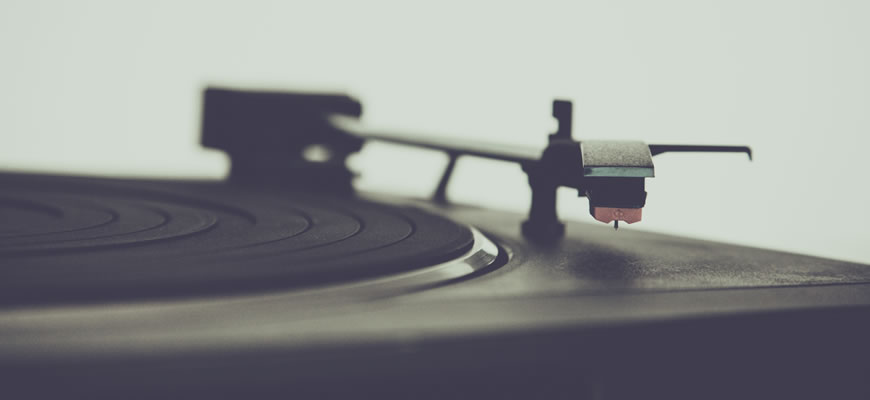filters
What is royalty-free music?

Royalty-free music are those musical creations whose use does not entail the obligation to make payment under copyright and may be used free of charge, as they are protected by a free or public domain license.
This music can be altered and used in the realization of other productions, reproduced, copied and distributed freely for any purpose. There are many musicians who do not agree with the policy of the Sgae management entities ... and for that reason they decide not to register their works in any of them. So they have the freedom to sell them as they decide. This type of practice is becoming more widespread among artists in the audiovisual world.
What musical works are under free license or are in the public domain?
Royalty-free music acquires this condition for two main reasons:
The first is because the copyright has expired and is now considered a work of public domain. The time period for copyright to expire depends on the marking in the legislation of the different countries. Although international law establishes a minimum term of 50 years for the expiration of these rights from the death of the author, as agreed in the Berne Convention, in some countries it is much higher. After this period, musical works become public assets and can be used without paying any payment, prevailing only the moral right. A clear example of this type of works is classical music.
The second reason for acquiring free license is by assignment of its author. In this way the composer allows his works to be used by other people without requiring economic consideration for their use. The reasons of the creator can be varied, from the generosity to a strategy of promotion of his music.
It must be distinguished from the public domain music of the one that only yields some rights and keeps others protected, such as the right of attribution, which must indicate the authorship of its owner when it is used, or prohibition of use by making alterations in the play.
Copyrights
Independent composers who write, record and produce their own music own all copyrights. This means that they can give permission to anyone who wants to use it, or they can give permission for a library to sell royalty free music licenses on their behalf.
Types of copyright:
Synchronization - the right to include visual elements or movies.
Mechanical Reproduction - the right to make duplicates of the product / production containing the music
Public communication - the right to use music in public spaces, ie available to the public in a bar, theaters, ambient music ...
There is a lot of confusion on the part of the users about the rights that are transferred in the music free of rights. When buying royalty-free music, a license is usually granted for synchronizing and mechanical reproduction, although the terms vary from one vendor to another. You do not get a license to cover the enforcement rights. This is true for almost all royalty free music, although there are very few exceptions that have 100% royalty free music.
Freeaudiolibrary with its use license allows the use of music for synchronization and public communication.
You can also download free music and free sound effects all free of copyright.
Ambient music, music without copyright, music for videos, music of relaxation, electronic music, pop music, rock music, free music of copyright, music funds, new age music, corporate music, music for documentaries, music for soundtracks, in Freeaudiolibrary all without copyright.